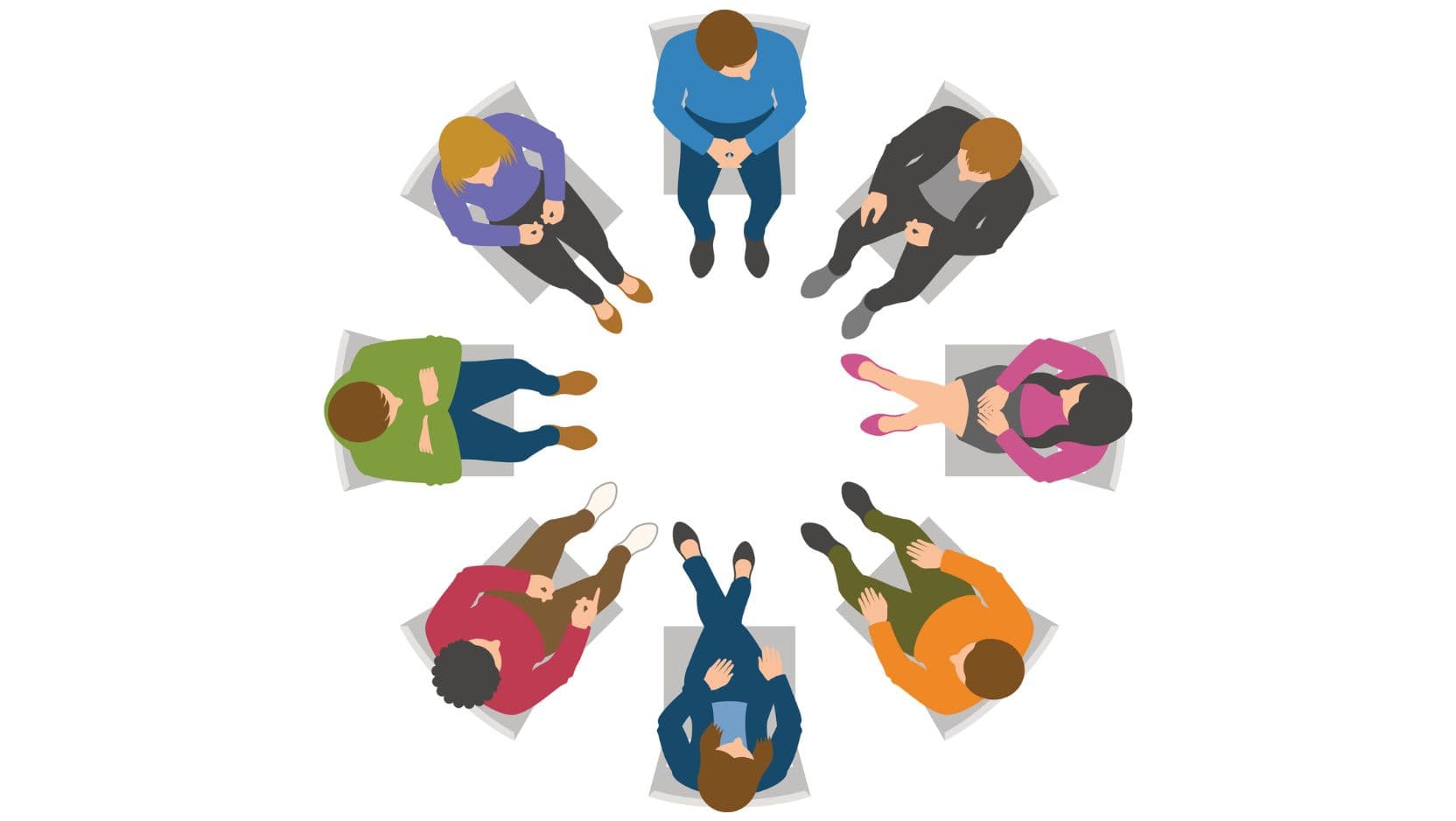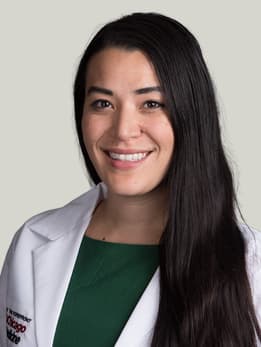Should I consider an intensive mental health outpatient program if traditional therapy isn't working?

Traditional talk or behavior-focused therapy can help people manage their anxiety, depression or other mental health challenges.
But for some people, that approach may not be enough. An intensive outpatient program, or IOP, can be an option.
IOPs are specialized mental health programs led by a team of therapists, social workers and psychiatric nurse practitioners, and they’re offered by the behavioral services team at the University of Chicago Medicine Ingalls Memorial Hospital.
Patients in IOPs spend anywhere from 9 to 15 hours per week in group and individual therapy sessions. They also receive medication management, information about their condition, and education about healthy ways to process and cope with their feelings.
“A huge part — and benefit — of an IOP is not just the therapy groups, but the peer support from folks who really understand what it is that you're struggling with,” said Carolyn Shima, MD*, acting chair of the Department of Psychiatry at UChicago Medicine Ingalls.
How do I know if I need an intensive outpatient program?
If you’re in traditional therapy but things aren’t improving, an IOP might be a good option.
“Your therapist is going to be your best ally in this situation,” Shima said. “You can say, ‘I feel like I'm struggling. Do you think a higher level of care is something that I need now?’”
IOPs also can be a next step before inpatient hospitalization. They’re often used by people who recently completed inpatient treatment and still need support as they transition back to daily life and responsibilities.
Here are some signs that you might need the support of an IOP:
- Your anxiety or depression symptoms are escalating.
- Your mental health issues are impacting your relationships, causing constant arguments.
- You’re struggling at work, not showing up, behaving unusually on the job, or lost your job because of your behavior.
- You’re struggling with daily responsibilities and managing your finances.
- You’re having difficulty getting out of bed and showering.
- You’ve been thinking about ending your life and maybe even researched ways to do it.
“If a person can address their mental health by doing an IOP, it provides some structure to the day that's less structure than a full workday,” Shima said. “It’s a good ramp up to start working and really focusing on their mental health in order to get ready to be able to go back to work full time.”
Where and when are intensive outpatient programs offered?
Ingalls Memorial’s IOPs are offered at UChicago Medicine locations in Harvey, Tinley Park, Flossmoor and Calumet City. There are groups for adults and for adolescents ages 12 to 17.
To accommodate work and childcare schedules, the program is also offered on weekends and evenings. Attendance can be in-person or virtual.
People often fear missing work for an IOP, but Shima said letting your mental health go unaddressed can have serious negative consequences to your career. The time off is legally covered by the federal Family and Medical Leave Act.
“The programs are really flexible,” added Amanda Briick, LCPC**, UChicago Medicine Ingalls’ clinical liaison for outpatient behavioral health. “You can still be present for things like work and family, while also addressing your mental health.”
Rising rates of depression, anxiety and suicide
As the demand for mental health services continues to grow — rates of depression, anxiety and suicide are on the rise both locally and nationally — UChicago Medicine Ingalls IOP programs are expanding to meet the community’s needs.
An in-person, expressive creative arts class for adolescents was recently added to the IOPs. And UChicago Medicine psychiatrist Jhonatan Marte, MD*** — an expert in treatment resistant depression, therapeutic techniques and psychotherapy — joined the Tinley Park IOP on Oct. 1.
Over a quarter of adults in Illinois reported significant symptoms of anxiety or depressive disorder in 2023, compared with just 11% in 2019, according to the Cook County Health Department.
There were twice as many suicides as there were homicides in the United States, the National Institute of Mental Health reports. Forty-six percent of people who die by suicide had a known mental health condition, the institute found.
Also, a recent UChicago study concluded that the suicide rate is rising for Black men and women, Asian women and Latino men.
“UChicago Medicine Ingalls Memorial has a really strong commitment to the mental health care of our communities,” Shima said. “The entire department — inpatient, outpatient and IOP — is constantly working and striving to be better and to expand the services we can provide and the expertise we can offer, because we truly believe that our community deserves the absolute best care.”
* Dr. Carolyn Shima is a UChicago Faculty Physician. UChicago Faculty Physicians hold faculty positions with the University of Chicago and provide care for patients on the academic health system’s main campus in Hyde Park and in care centers throughout the Chicago region. UChicago Faculty Physicians who provide services at UChicago Medicine Ingalls Memorial are not employees or agents of UChicago Medicine Ingalls Memorial.
** Amanda Briick, LCPC, is employed by Synergy Behavioral Healthcare. Employees of Synergy Behavioral Healthcare are not employees or agents of the University of Chicago Medical Center, The University of Chicago, or UChicago Ingalls Memorial Hospital.
*** Dr. Jhonatan Marte is a UChicago Medicine Medical Group provider. UChicago Medicine Medical Group comprises UCM Medical Group, Inc. f/k/a UCM Care Network Medical Group, Inc., and UCM Medical Group Sub, LLC f/k/a Primary Healthcare Associates, S.C. UChicago Medicine Medical Group providers are not employees or agents of the University of Chicago Medical Center, the University of Chicago, or UChicago Medicine Ingalls Memorial.
Mental Health Care
We provide care for patients with mental and behavioral health issues in order to help them lead a productive, healthy life.
Learn more about our psychiatry and psychology services
Carolyn Shima, MD
Carolyn Shima, MD, is an Assistant Professor of Psychiatry and Behavioral Neuroscience.
Learn more about Dr. Shima